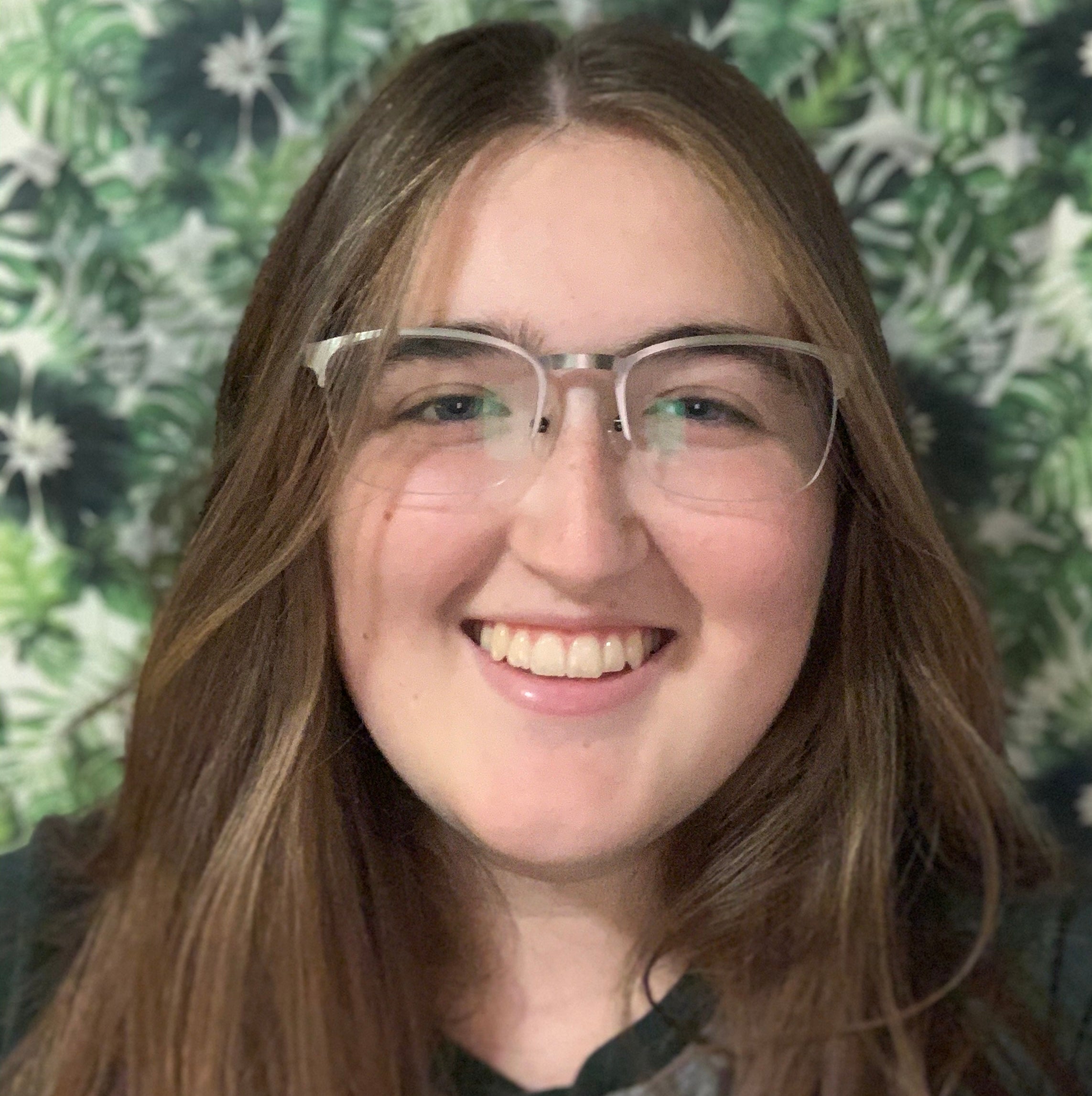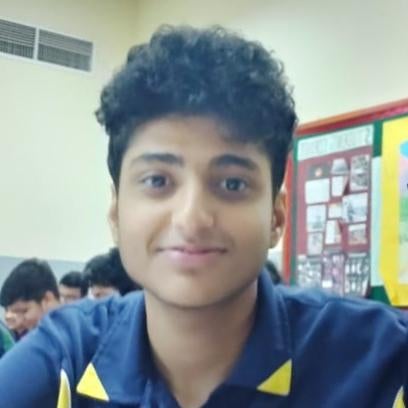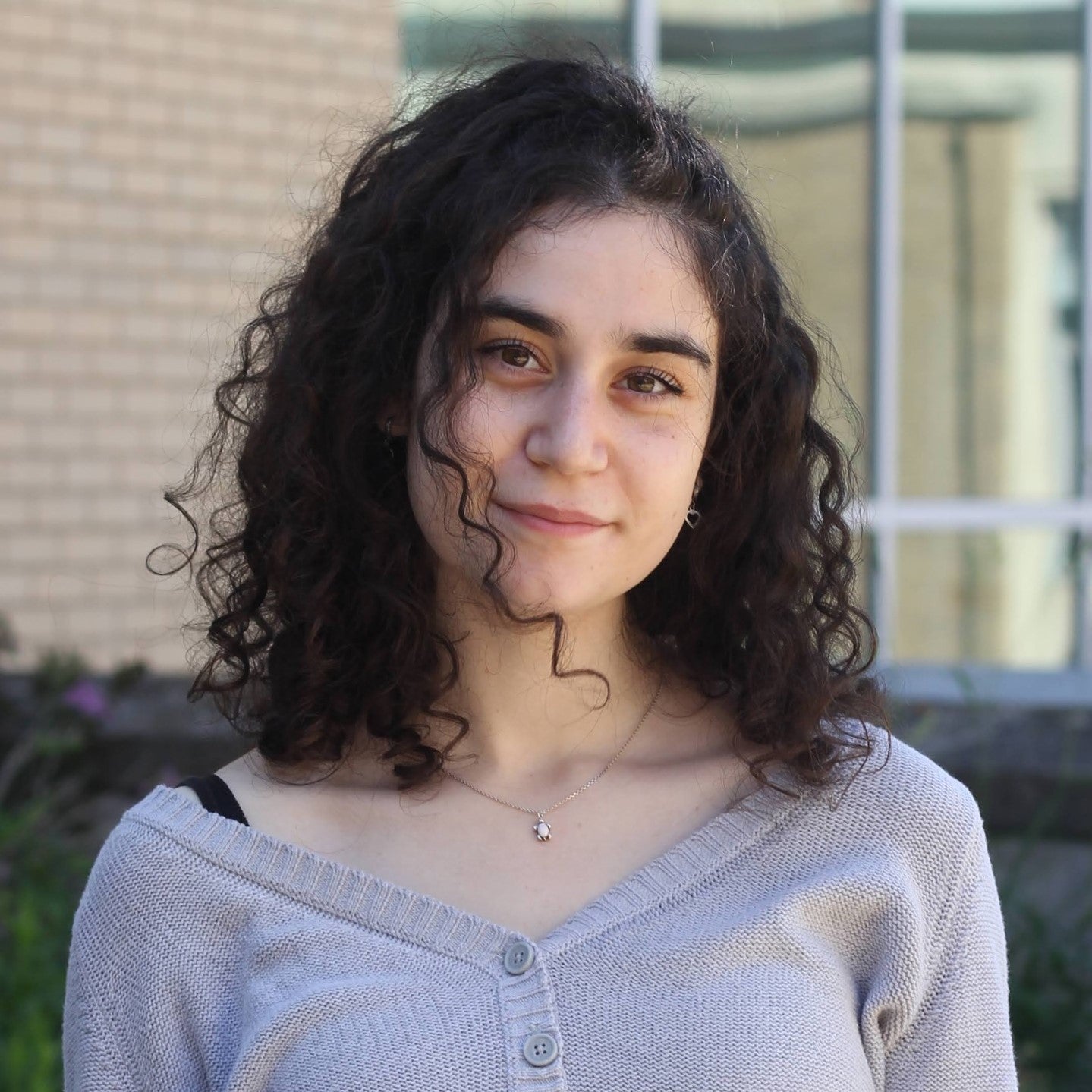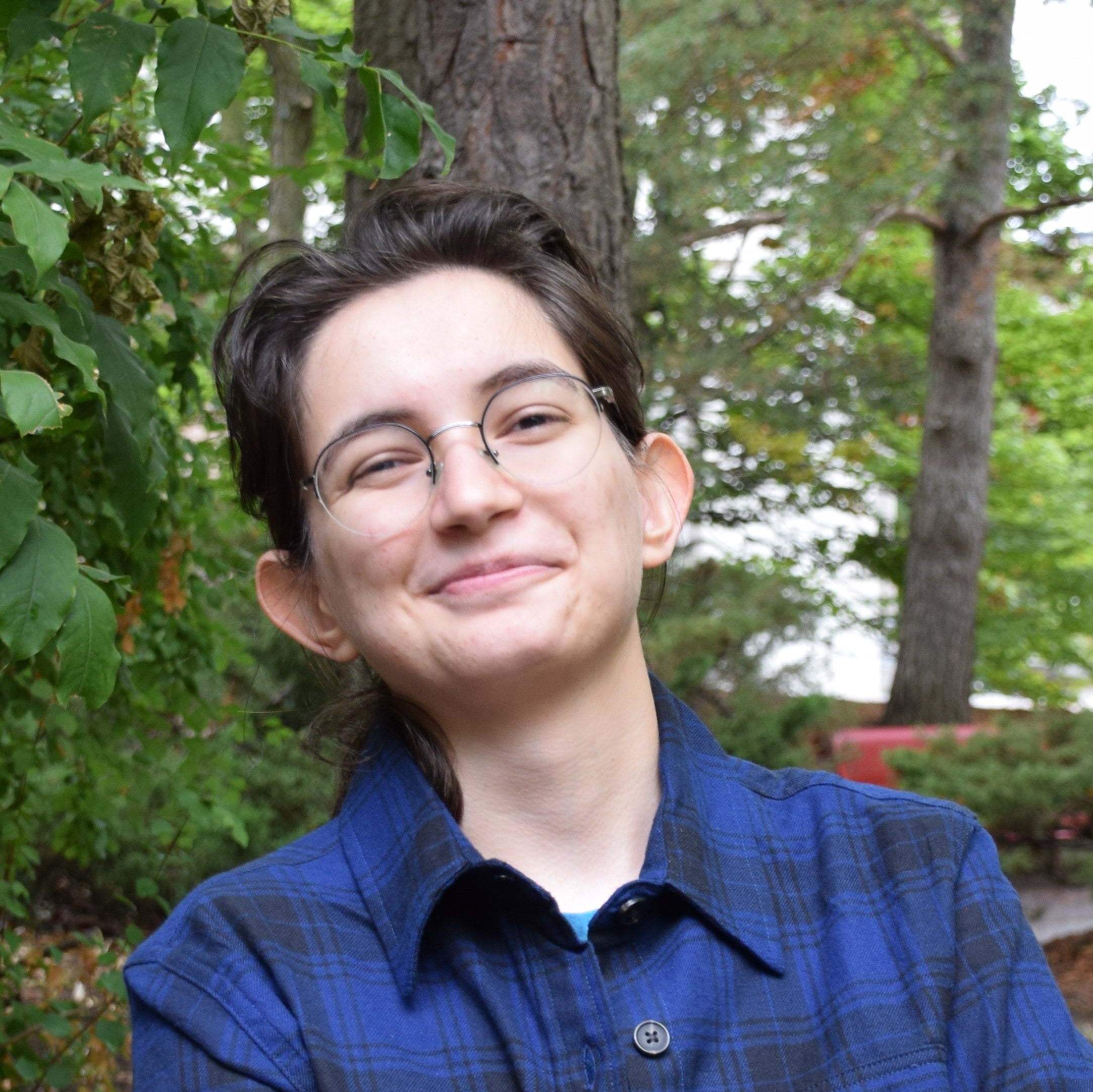The study of how nature works at the most fundamental level; matter, forces, energy, and motion.

Professor Melanie Campbell, a faculty member in the department of Physics and Astronomy, adjusts an optical instrument developed in her lab to image the eye, as her research assistant looks into the instrument.
Resistance isn't futile - it's voltage divided by current.
Explore matter, energy, and forces at the deepest level, including experiential learning opportunities in co-op programs and upper-year research projects.
Physics is one of the oldest scientific disciplines, with deep connections to all of science and mathematics. Throughout the centuries it has transformed our understanding of how nature works, and our place in it, and continues to be the principle wellspring of new technology and solutions to some of the greatest challenges facing humankind.
Study in one of Canada’s largest and most highly respected physics departments. With ties to Perimeter Institute for Theoretical Physics and the Institute for Quantum Computing, take your education further than you thought possible.
Physics Ambassadors - We'd love to meet you!
Find out more about life as a Waterloo Physics student. Come in for a tour or to one of our open houses and you might even meet us in person!
This major is available in the co-op and regular stream of study
A NOBEL LAUREATE AMONG US
By attracting the best students and being at the heart of the strong physics community here in Waterloo, the Physics and Astronomy department attracts the very best faculty to teach and conduct research in our high-tech labs.
Donna Strickland, the Nobel Prize winner for Physics in 2018, is certainly no exception. Her groundbreaking work in lasers - more accurately, the chirped pulse amplification technique - pioneered how future physicists would experiment with lasers and create some of the most powerful and life-altering devices of our times - something Dr. Strickland predicted over 30 years ago.

SOME OF THE SKILLS ATTAINED WITHIN THIS MAJOR
- Systematic, rigorous, and flexible problem solving
- Qualitative and quantitative/numerical analysis
- Applied programming and data analysis
- Laboratory experimental procedures and methodologies
- Communication of complex ideas
RESEARCH OPPORTUNITIES AND RECENT PROJECTS
- Inverse photoemission spectroscopy
- Coulomb Explosion imaging
- Simulating condensed matter systems with Rydberg atoms
- Wafer bonding for quantum computing
- The Fermionic Gibbons-Hawking effect
Explore other physics-related programs
Learn more
- Apply via Physical Sciences on the Ontario Universities' Application Centre (OUAC).
- Learn about our minors available to Faculty of Science students, as well as the Bioinformatics Option.
- Learn more about co-op.
- See more in the science careers list.



